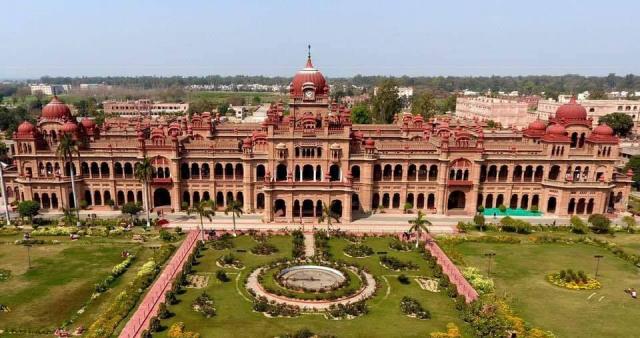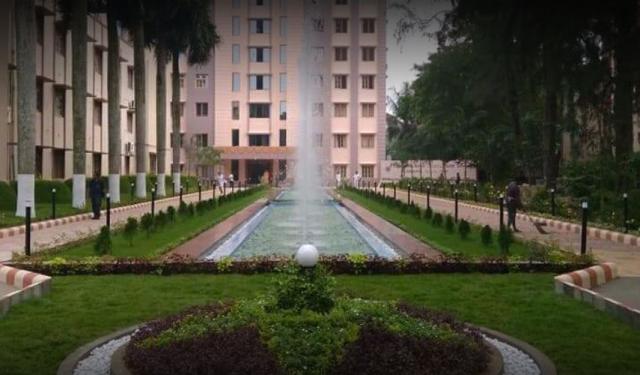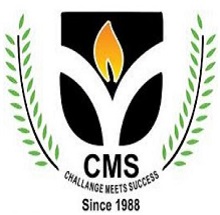Anbil Dharmalingam Agricultural College and Research Institute (ADAC&RI), a constituent institution of Tamil Nadu Agricultural University (TNAU), has established itself as a notable hub for agricultural education since its inception. Located in Navalur Kuttappattu near Tiruchirappalli, the college spans 30 hectares and emphasizes research-driven learning. While academic rigor remains its cornerstone, the placement landscape reflects a balanced ecosystem where students transition into diverse agri-sector roles. The institute maintains a structured placement process, with undergraduate and postgraduate programs demonstrating consistent outcomes. Below is a summary of recent placement trends:
Table of Contents
ADAC&RI-Placement Overview
| Branch/Course | Average Package (LPA) | Highest Package (LPA) | % Placed / No. Placed | College Average Placement (LPA) | Additional Info | Student Review on Placement Data |
| B.Sc. Agriculture | 4.5 | 10 | 70% | 5 | - | No student reviews available |
| M.Sc. Agronomy | 5.5 | 12 | 75% | 5 | - | No student reviews available |
| M.Sc. Soil Science | 5.5 | 12 | 75% | 5 | - | No student reviews available |
| M.Sc. Genetics and Plant Breeding | 6 | 12 | 80% | 5 | - | No student reviews available |
| M.Sc. Entomology | 5.5 | 12 | 75% | 5 | - | No student reviews available |
Key Placement Trends
Postgraduate programs, particularly M.Sc. Genetics and Plant Breeding, exhibit the strongest outcomes with an 80% placement rate and an average package of 6 LPA. This aligns with growing industry demand for crop genetics expertise in seed technology and biotechnology firms. Undergraduate placements, though slightly lower at 70%, reflect steady recruitment in core agricultural roles. The highest packages across disciplines (10–12 LPA) are typically secured in specialized agro-research or corporate agribusiness positions.
ADAC&RI-Recruiter Engagement
ADAC&RI fosters partnerships with agri-industry leaders, facilitating campus drives where companies like Rasi Seeds, Kothari Sugars, EID Parry Ltd., and Cauvery Palm Oil Ltd. actively participate. Roles span:
- Research & Development: Soil analysis, pest management, hybrid seed development.
- Field Operations: Farm management, sustainable practices implementation.
- Agribusiness: Supply chain coordination, rural marketing, precision farming solutions.
The college’s Kumaraperumal Farm Science Centre often serves as a practical training ground, enhancing student readiness for these roles.
ADAC&RI-Institutional Support Systems
The placement cell orchestrates pre-placement workshops covering technical skill-building, interview preparation, and sector-specific aptitude tests. While formal internships aren’t mandated, students frequently engage in fieldwork via the Soil Salinity Research Centre, gaining exposure to real-world challenges like water management and soil health. Alumni networks further aid mentorship, with graduates often returning to recruit from their alma mater.
ADAC&RI-Sectoral Opportunities
India’s agriculture sector, contributing ~18% to GDP, drives demand for skilled graduates. ADAC&RI students commonly explore:
- Government Schemes: Roles in NABARD, state agricultural departments, or KVK networks.
- Private Enterprises: Positions in fertilizer companies, organic farming startups, or food processing units.
- Entrepreneurship: Ventures in agro-tourism, hydroponics, or bio-input manufacturing.
The emphasis on agripreneurship in the curriculum encourages innovation beyond traditional employment.
ADAC&RI-Future Trajectory
With the agri-tech market projected to grow at 12–15% annually, ADAC&RI is poised to strengthen industry-academia linkages. Initiatives like on-campus hackathons for farm-tech solutions and collaborations with ICAR could further elevate placement diversity. The college’s 2014 Best College Award from TNAU underscores its commitment to holistic development, indirectly boosting graduate employability. ADAC&RI’s placement framework, while rooted in regional agricultural needs, progressively adapts to national trends like digital farming and sustainable agriculture. As agri-education evolves, the institute’s focus on blending field expertise with emerging technologies will remain pivotal in shaping competitive graduates for India’s green economy.










